
The Dormio device enables incubation of specific, chosen dreams. It was co-developed by a team of neuroscientists, engineers and designers at MIT. Read more here at MIT News.

This is my PhD thesis. We focus on new tools to move dream research forward (off the couch) and 4 experiments showing that changing dreams can change waking thought. This work seeks to reorient science and everyday health practices toward a renewed respect for the contributions of the dreaming mind to overall wellbeing and cognition. Please take a look :)

A wonderful writer, Michael Clune, asked to borrow a Dormio device for 1 week and experiment with dream incubation. He wrote this article in Harper’s Magazine, and it captures the experience beautifully.

As part of my work with the Center for Law, Brain and Behavior I was invited to contribute to and review this White Paper, which aims to help legal actors understand brain development in adolescents. Thus far, it is being used or will be used in trial/appellate cases or legislative reform initiatives in 11 states. Recently, it was used to help extend diversionary programs to age 25 in Suffolk County. Read here.

I am working with MIT Visiting Artist Carsten Höller to build a Dream Hotel for the museum setting, where each room contains a specific dream incubation experiment. We’ve got a great team, including Alejandro Medina, Wendi Yan and Yechen Zhu. You can hear me talk through it here at LUMA Arles. Ream more from PINUP Mag. Or from MIT: Learn more here.

An article in Aeon about the risks related to Targeted Dream Incubation being used for commercial advertising. Co-authored with Prof Robert Stickgold (Harvard Medical) and Prof Tony Zadra (UMontreal).

A recent article in Science (AAAS) covers our collective efforts as a community of scientists responding to the use of Targeted Dream Incubation in advertising.

I was honored to write an amicus brief for the U.S. First Circuit Court with Judge Nancy Gertner, Professor Judy Edersheim and Elyssa Spitzer, J.D. This amicus brief centers on a case of extended solitary confinement, and makes the case that mental suffering such as PTSD or extended sleep deprivation endemic to solitary can likely cause physical brain damage. The human nervous system is fundamentally plastic. This malleability makes us deeply vulnerable to harmful environments. Legal policies which suggest mental injury is somehow not physical are subscribing to outdated scientific doctrine, especially with respect to solitary confinement. Learn more here.

One of the best ways to build an interdisciplinary research community is to teach a multifaceted class. I had the chance to create a new MIT class with an amazing team—Dr. Pattie Maes, Dr. Robert Stickgold, Dr. Michelle Carr, Abhinandan Jain and Eyal Perry—for a collection of graduate and undergraduate students with backgrounds in neuroscience, computer science, device design, architecture, art, fashion and beyond. We focused on sleep and dreams. All our lectures are recorded and free, linked here. Image from Aria Xiying Bao and Marc Apicella, from one of the class final projects.

DayDreamNight was a gathering we organized for the MIT community to explore projects produced in collaboration between CAST Visiting Artist Carsten Höller and MIT’s Fluid Interfaces group. Dream altering toothpaste, inflatable pajamas, a live sleeper and more. These all open up avenues for understanding and shifting our sleep, dreams, and daydreams. See a video of our exhibition here. See the exhibition catalogue here.
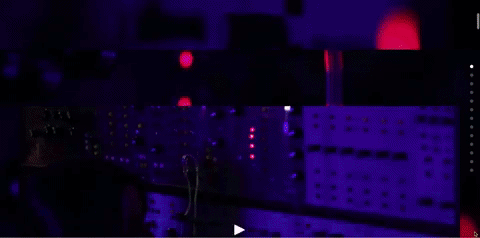
At Fluid Interfaces, we are building many new, cheaper, more flexible, open source sleep technologies. Our aim is to build technology that interfaces across the many levels of consciousness. Please see a collection of this work here.
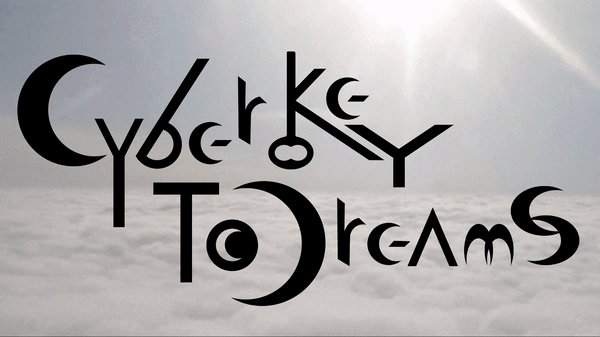
This project is a portal which collects dreams from large groups and reflects them back in ways meant to reconnect us with past dreams and dreams from other minds. Created in collaboration with artist Agnieszka Kurant and a team from MIT: Titus Ebbecke, Pat Pataranutaporn, Eyal Perry, Ishaan Grover and Aby Jain. Shown at the V&A Museum's Alice: Curiouser and Curiouser exhibition and the MIAAU exhibition of the Bienal de Artes Mediales (BAM) Santiago, Chile. Read more here and in Flash Art Mag here.

A documentary short made by a friend, Wendi Yan, focused on dream science. The words are my own, while the piece is directed, filmed, animated, and edited by Wendi. More here.

This booklet is a growing collection of the many definitions of what ‘a dream’ is, from sleep scientists and artists and anthropologists and technologists. See it here. This is a draft, not set for publication, but if you are inspired to submit your thoughts on what ‘a dream’ is, reach out.
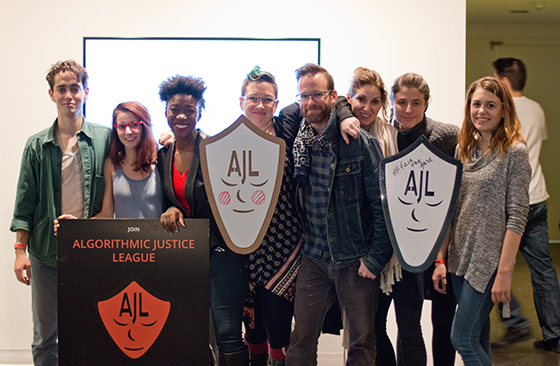
I was Lead Curator for the launch of the Algorithmic Justice League at the Boston Museum of Fine Arts, fabricating hardware, writing and editing, designing signage and exhibition layout. This ‘Coded Gaze Exhibition’ was a small step in the beginning of Joy Buolamwini's amazing movement for diverse and inclusive technology coming from MIT’s Center for Civic Media. How does pattern recognition create bias, in humans and machines? How can we fight it? Joy brought these questions to the US Congress. Read more here

These drawings explore connections between visual art, vision neuroscience and computational methods of representing and understanding human vision. Sol LeWitt meets David Marr. I got to work on them as a part of a team led by Seth Riskin at the MIT Museum Studio, and they’re now in the collection of the Museum. Read more here. See them at the MIT Museum here. And more here on how art and science can meet in the eye.
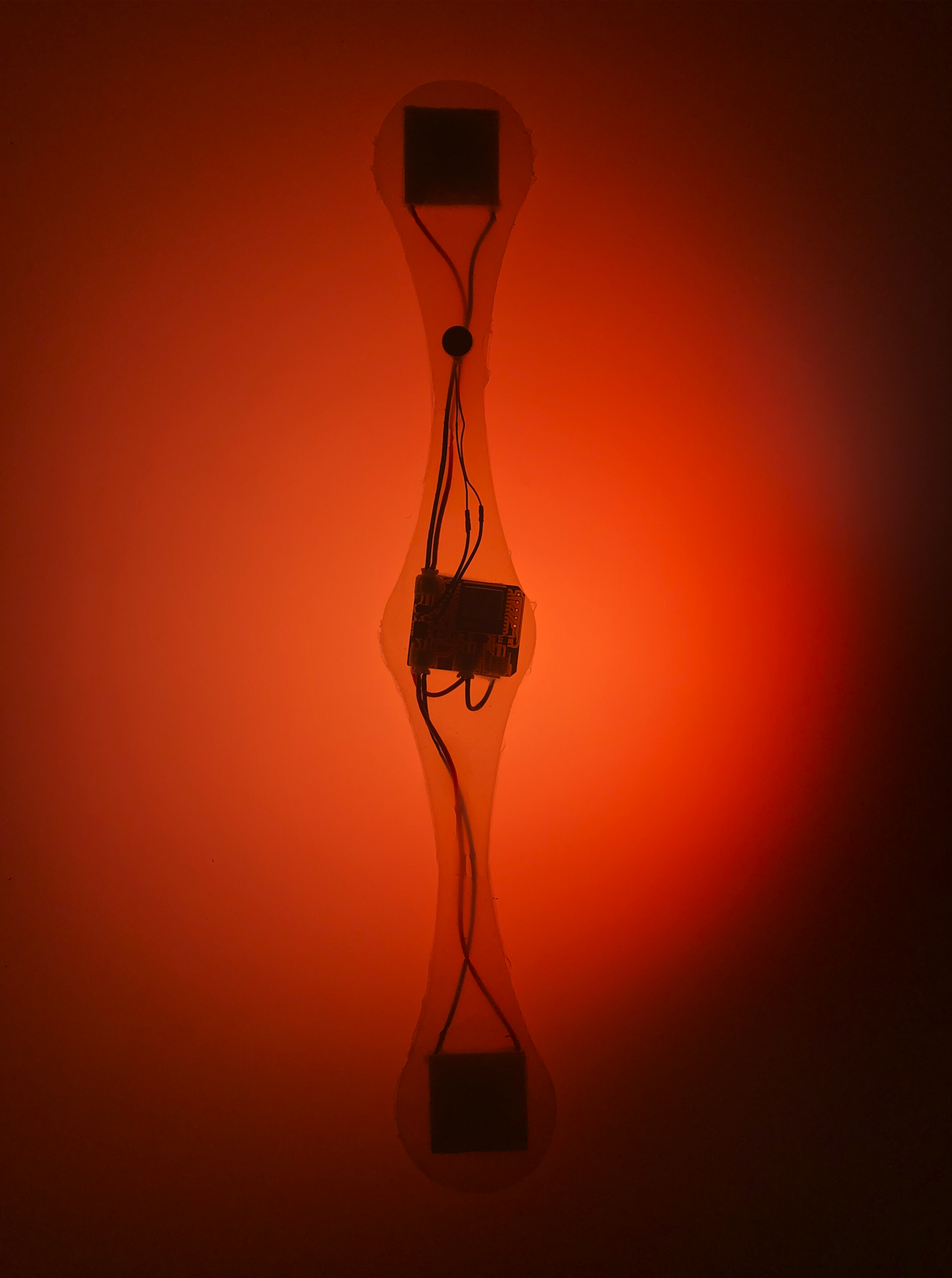
A system built with Aby Jain to cause frisson, or aesthetic chills, using a wearable device. An experiment with Dr. Félix Schoeller suggests we can induce synthetic chills, intensify organic ones, and recreate downstream cognitive effects of chills including empathy and pleasure. Research presented at IEEE EMBC, and see a paper here and here. Just got another accepted in Nature Sci Rep, and a $180k grant from Joy Ventures for future work. Félix is now using the device to aid shifts in depression symptoms.

We’ve been hosting weekly seminars for the Dream Engineering community. This includes everyone from scholars of religion, neurologists, AI specialists, to public health professors. It means topics from nightmares to the ethics of dream advertising. The amazing presentations and discussions amongst leaders of the field are all here, free.
image by Bruno Olmeda

The cover story on the American Psychological Association’s latest issue opens with Professor Paul Seli at Duke University using our Dormio device to access creative ideas found in sleep. The article then goes on to discuss where creativity might come from, its relationship to conscious control of thought, and whether we are able to really study it in controlled laboratory conditions. Read more here.
Masca is a flexible sleep mask for REM sleep detection using conformable piezoresistive fabrics, enabling cheap and comfortable eyelid motion detection. Based off of Robert Stickgold’s Nightcap design, enabling science! We use it to do electrical muscle stimulation (EMS) driving dream content for Prof Hugh Herr’s Human 2.0—making people dream of running by delivering EMS on-leg in REM. Made with Oscar, Tomás, Ethan and Irmandy from MIT.

A vision of a sci-fi future where dreams are controllable via human machine symbiosis. Not as far off as we might suppose. Created with the wonderfully talented Judith Amores and Oscar Rosello. Shown at Beijing Arts Biennale, MIT Museum Compton Gallery and Ars Electronica.
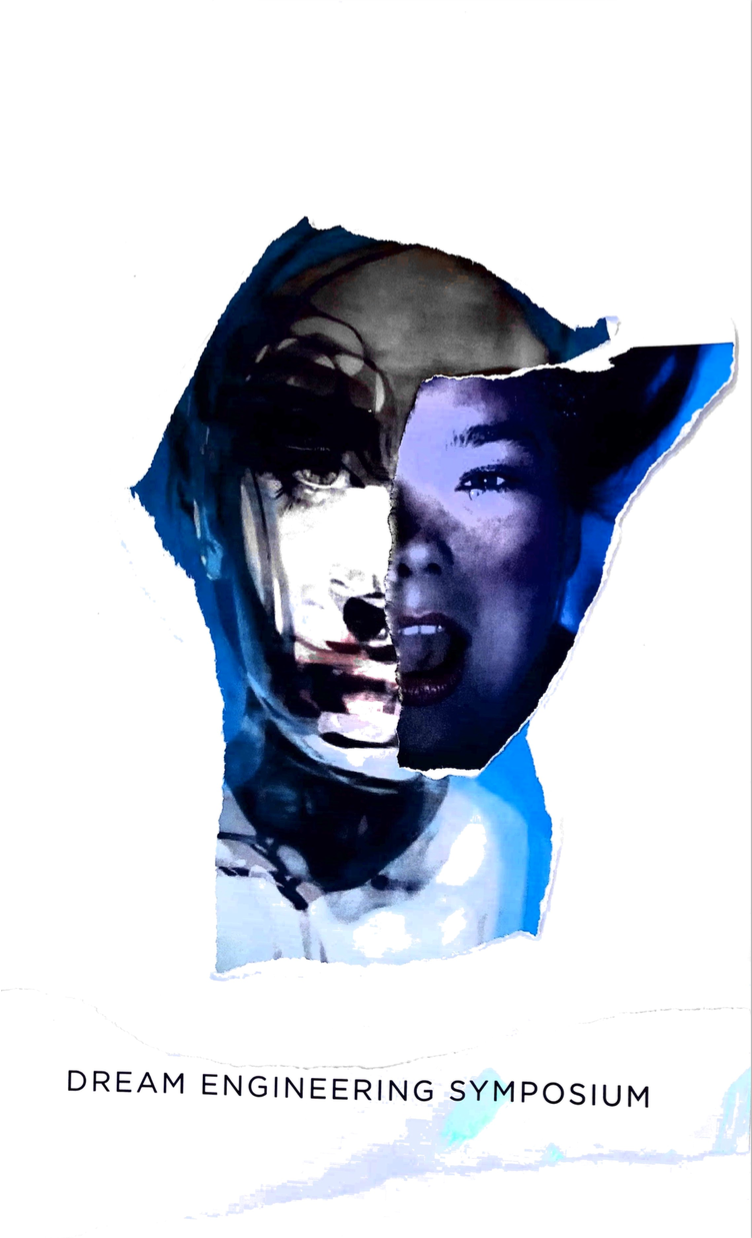
My lab organized the Dream x Engineering Symposium at MIT 1.28.19-1.29.19. We brought together 30 scientists and 30 engineers from around the world to spark the next generation of dream interfaces. See the workshop link at https://engineeringdreams.net/workshop for more info!
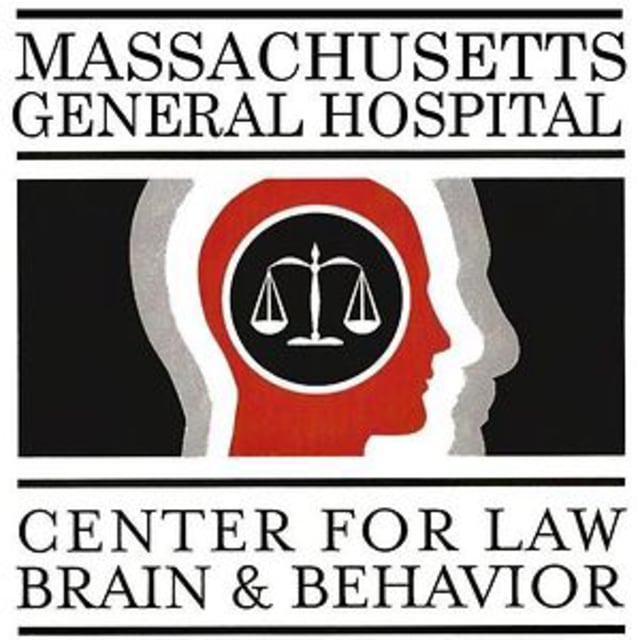
I’m honored to be on the board of the CLBB at Harvard/MGH. Neuroscience can transform the legal system, illuminating implicit bias and new strategies for rehabilitation. Where evidence is lacking, we advance the field with discoveries that can be applied directly to the courtroom. I help write amicus briefs, create legal/lab collabs, and spread the word. Please get in touch with suggestions around fairer juvenile justice, eyewitness testimony, mental illness in prisons and more.

A CHI 2021 Workshop on experiential factors in Human-Computer Integration design and evaluation, called “Do Cyborgs Dream of Electric Limbs?” — info site here, paper linked here.

Hi hi hi. If you want to get a copy of my book of Sleep Hacking techniques, or be an experiment participant sign up here.
Thanks! If you want to email with me, use the Contact form instead :)

Toys and stories. We hacked a series of electronic animal toys, made them bluetooth controllable, and connected them to a Hypnodyne EEG with automatic REM detection. These animals only wake up when you begin dreaming. Your flight is their flight.

For MIT Hacking Arts 2018 I got to assemble a dream team of friends from MIT to execute the artistic vision of Agnieszka Kurant overnight. See it all here! Read more about the team and work here! We built a series of robotic animals controlled by the internet. Shown at Nicolas Bourriad's La Panacée, SFMOMA's online collection, and at Harvard metaLAB's AI + Art Group. Living on in the ether evermore.

A set of games for everyone who wants to understand why their dreams are so weird in Quarantine—or wants to make them weirder. There are no walls in the ether of sleep. See more here
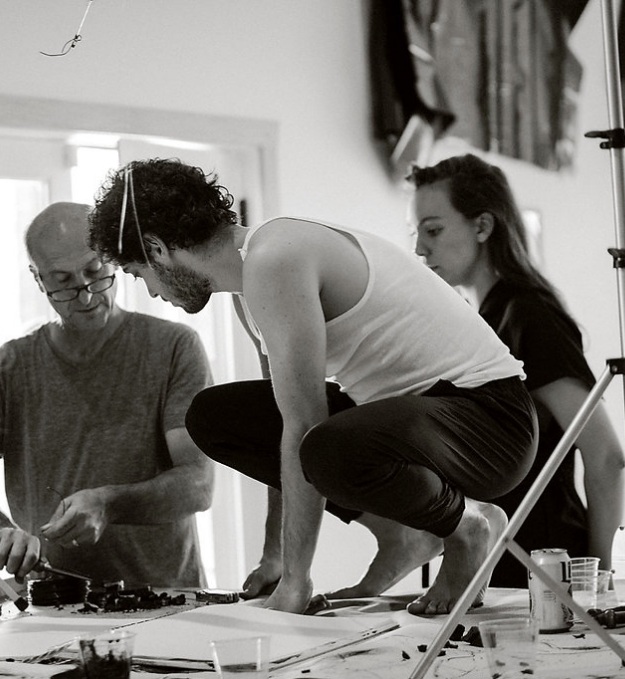
Invited as part of the Generist Project (thanks Sarah!) to be part of a small residency at Arthur Ganson and Chehalis Hegner’s Halo Hill Farm. We made kinetic art, drawing machines, big fires, loud sounds, and left utterly inspired. Now I’m making more things move.

For Berlin's Transmediale Festivale, Oscar Rosello and I created this projection piece on vision neuroscience's Ganzfeld effect, known popularly through James Turrell. A darkness darker than dark. An emptiness filled by the brain. Individual light history, neutralized.
Invited by Harvard metaLAB. Shown at ACUD and Rainbow Unicorn Gallery. See show here. Many thanks to Sarah Newman and co for the opportunity.
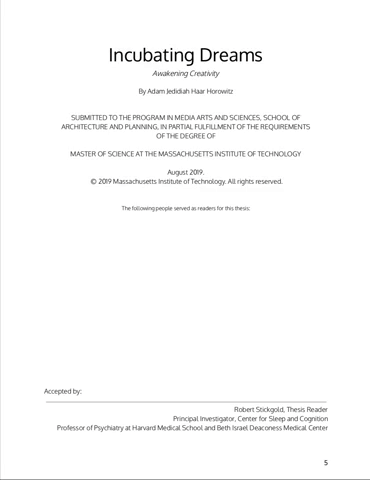
I put a lot of myself into this little document. I hope you read it, and whoever you are, I hope it’s meaningful to you. I really hope you reach out to tell me what stuck with you. Dream on. This is a link to my thesis.
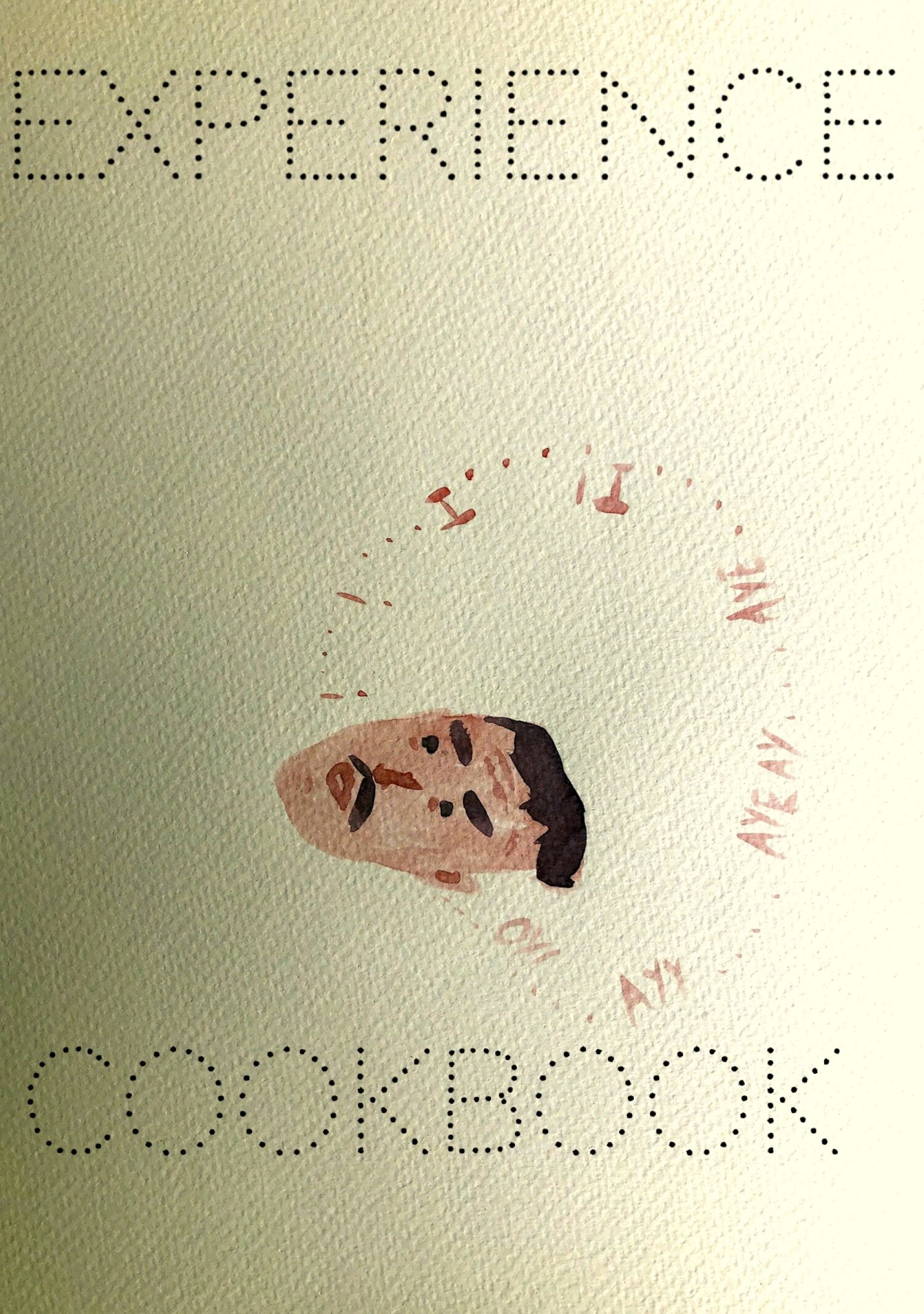
This is a passion project. A book of activities (think Yoko Ono Grapefruit, or 101 Experiments in the Philosophy of Everyday Life) which lets you experience brain science in action. Little tricks to try on yourself at home to change how you build up the ingredients of your self, your body, your “i”, your “eye”…all in the noble tradition of self-experimentation. I started this at the Steeprock artist residency space in Colorado. It’s going to be a book full of watercolors and experience recipes.
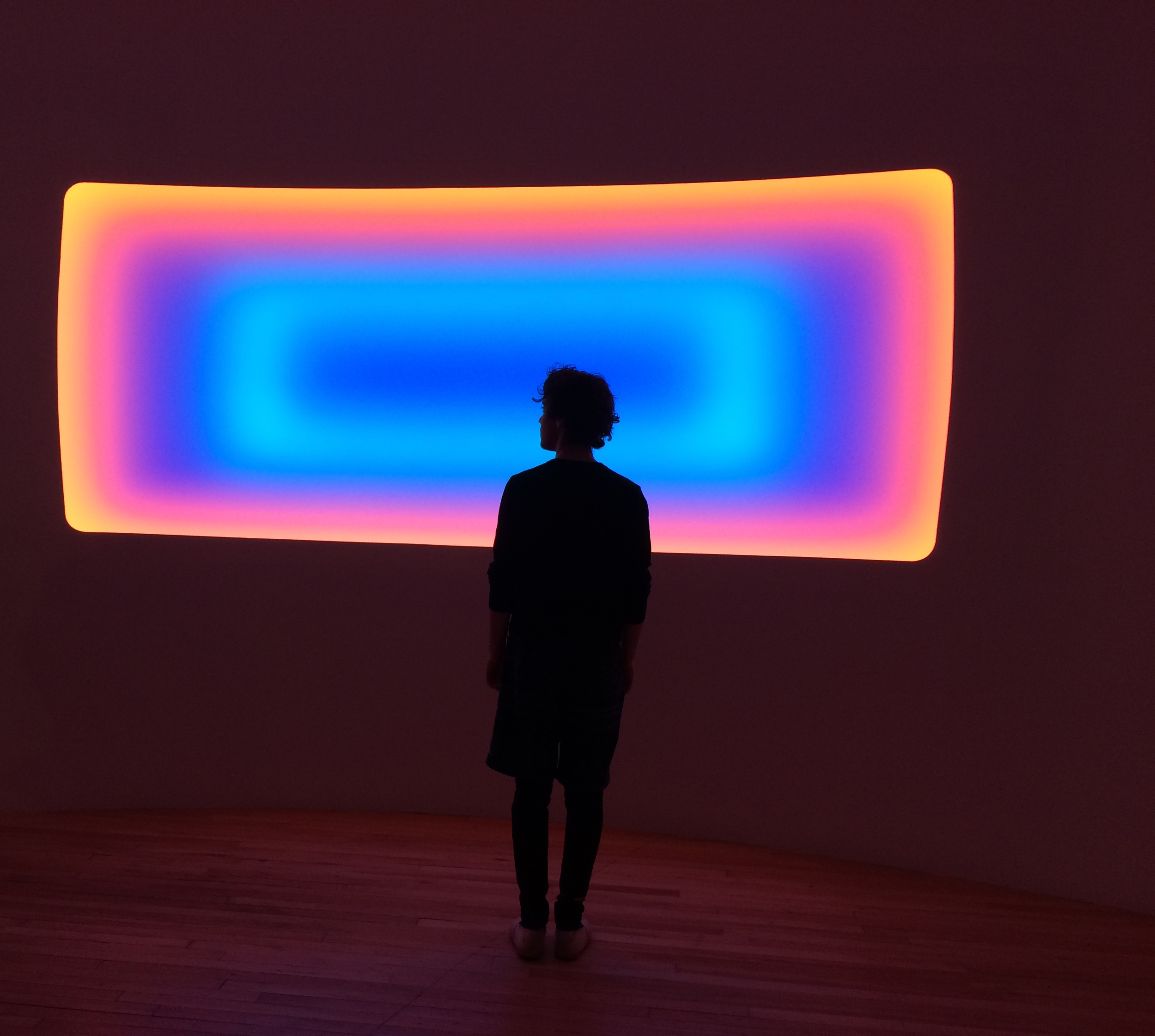

This is a hackathon project beginning a digital space to hold the songs and screams of grief and protest echoing right now. Input a sound and it forms a flower, which forms a field of sound. If you’d like to help, reach out. Collab with Guadalupe Babio and Ben Cullen Williams, with support from Google Arts and Culture. Read more here.
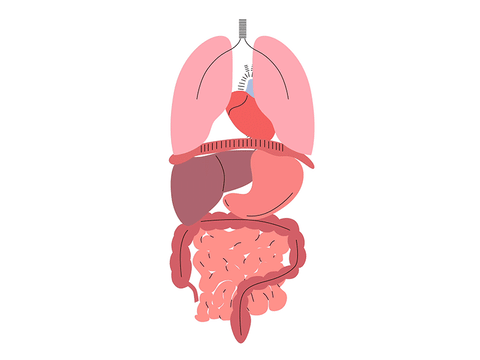
Breath counting is the first behavioral measure of mindfulness, and unsurprisingly has roots in breath counting practice found as far back as 430 A.D. (Levinson et al. 2014). We took this as inspiration for translational neuroscience of mindfulness! We built Respite, a mobile app which integrates the elements of the Davidson paper into an iOS app, including 1) breath tracking 2) breath training 3) mindfulness trait assessment MAAS 4) habit forming assessment SRHI 5) integrated scientific explanations. We hope this tool can help people have a clearer picture of their practice and how it changes with time. Colab with Tomás Vega, the GOAT. More here.
I didn’t make that lungs image I found it on the interwebs but it’s pretty sweet
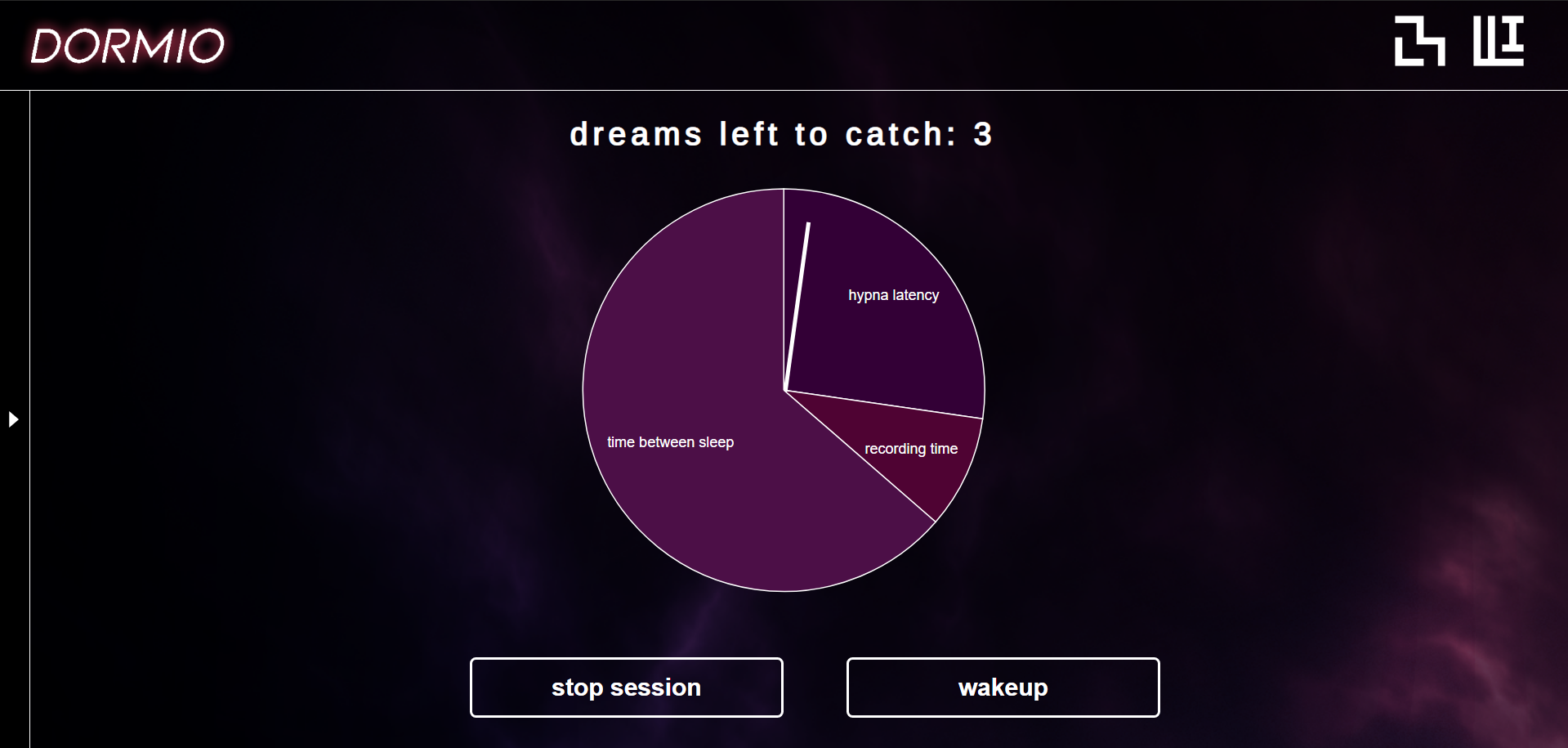
For everyone who is interested in dream incubation but doesn’t have a Dormio wearable, we’ve made this website (colab with Christina Chen!). It does dream incubation purely based on timing, not biosignals. Here is a little explainer. This is an experiment, and works best if you try it a few times over a few days, during your naps, to get used to it. PLEASE let us know how it works for you. Website link here.
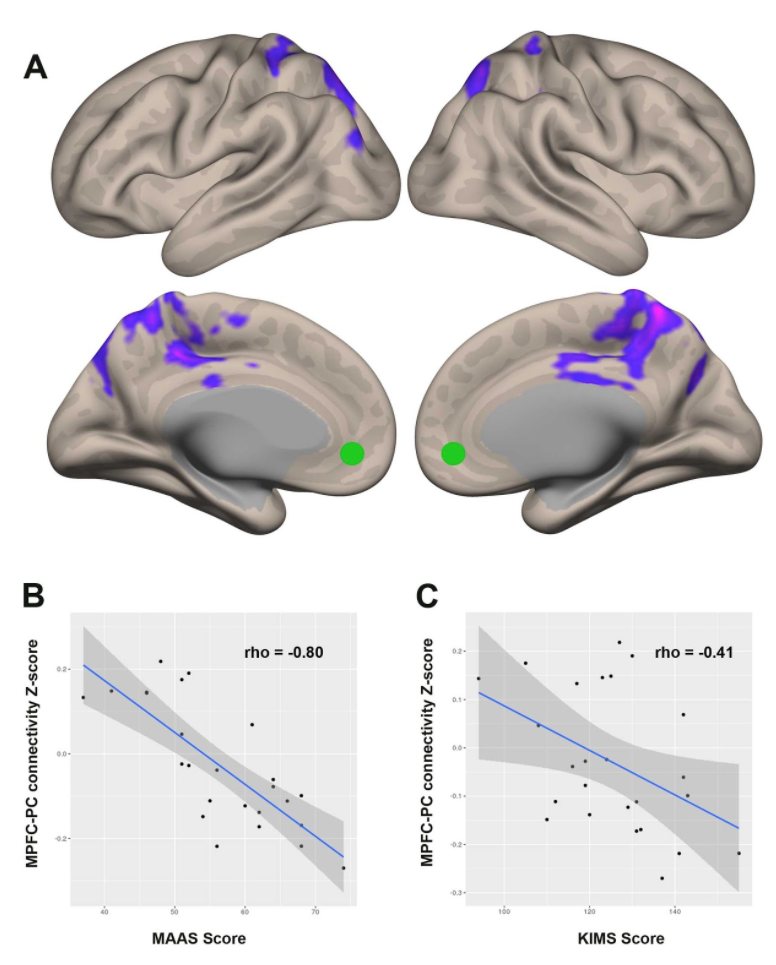
I feel hugely lucky to have Prof. John Gabrieli as a mentor here at MIT. Gab Lab tackles questions at once large and small, probing experience and mechanism concurrently at Marr's many levels of analysis. This means we can ask questions about the slippery stuff. I'm part of an ongoing fMRI project with Dr. Clemens Bauer and Dr. Maiya Geddes on the science of self-awareness and it's ties to attention and apathy.

An AI listening with pure benevolent intent. A wearable benediction, a computed absolution. Make sure your sneeze never goes unblessed. Instead, #StayBlessed. Built with Ishaan Grover for Harvard metaLAB openLAB. Image from Tang et al 2013. Daily we hand over human connection to technical mediation. We hope it hears our pleas, we hope it blesses our sneeze.
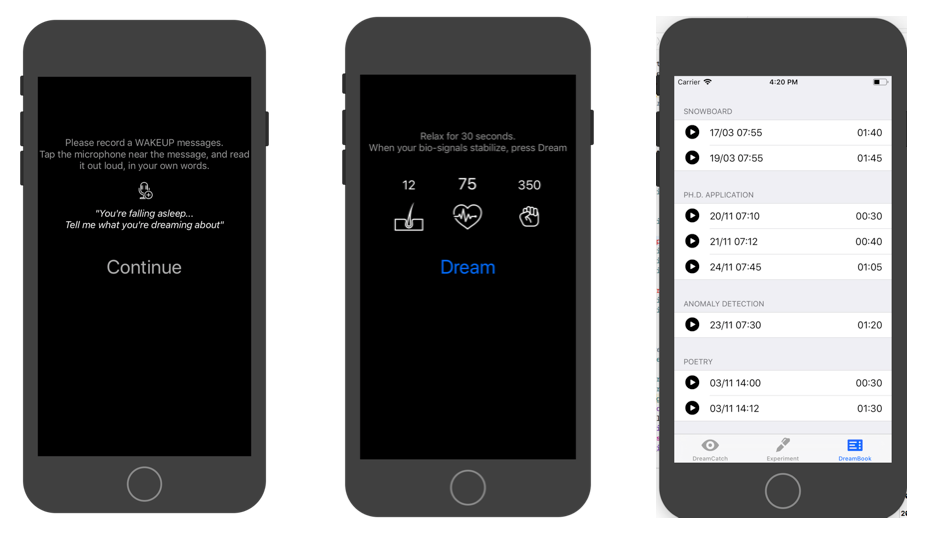
Working with the awesome Eyal Perry and Matthew Ha to make an automated Dormio app for hypnagogic dream induction with a smartphone, complete with dream report audio recording, speech detection, movement sensing, sleep staging and a data analysis pipeline. Find the code here! Find a flow chart for how it all works here.
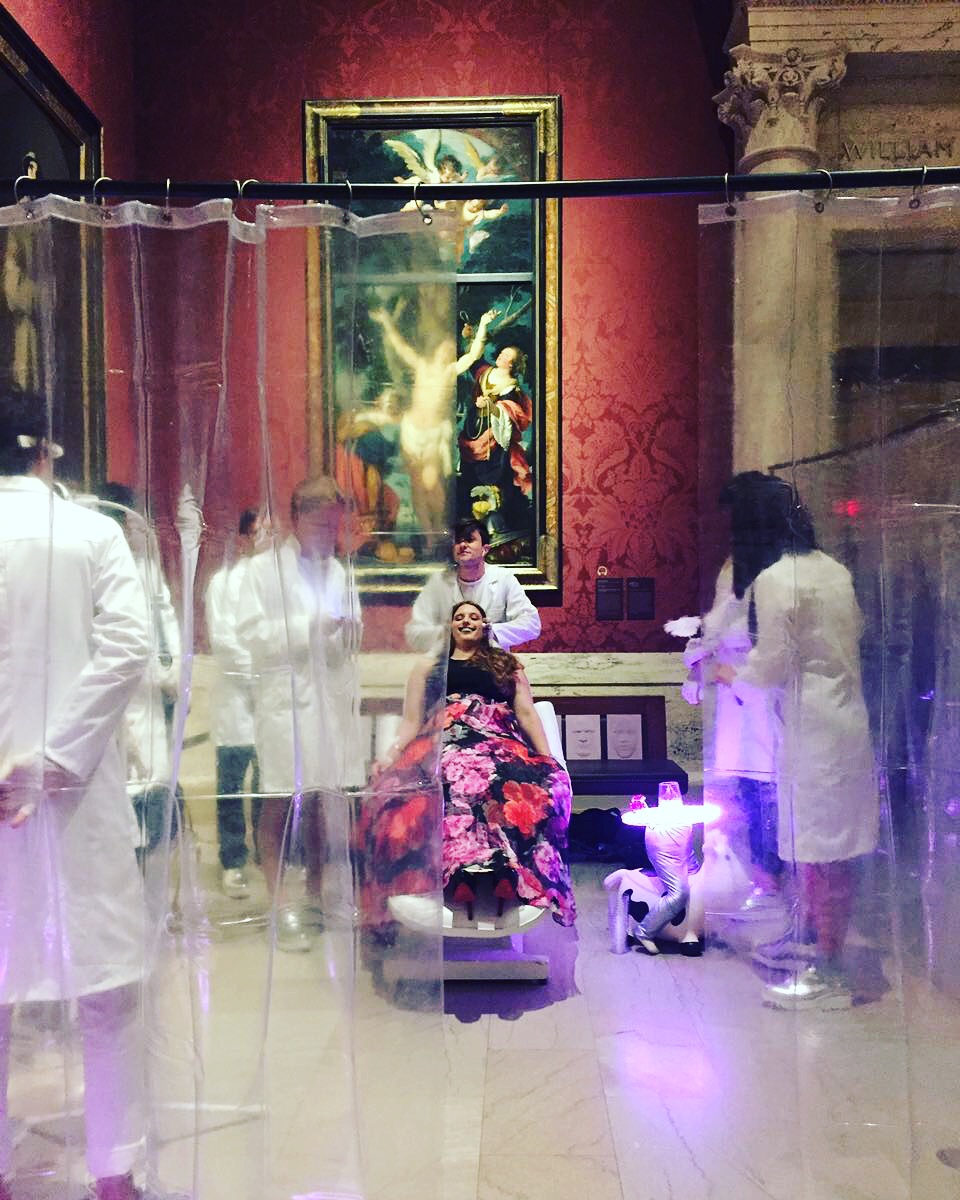
A performance piece in which neuroscience and art converge to transform the art experience. We skip the unpredictability of the aesthetics and instead induce the art experience directly with emotional induction techniques from brain science. We are, after all, quantified selves, measured and measuring. Affect and aura are not immune to mechanical reproduction.
Piece commissioned by the Boston MFA. Friends made it with me: Nicole, Ani, Xin, Gershon, Rebecca, Akito, Sands, and Rainar, from across myriad MIT laboratories.

I'm the Creative Lead for MIT Hacking Arts, a collective of engineers , entrepreneurs and techies who create projects and spaces for tech and art to intersect. What happens when a VR engineer and an architect get to create with a ballerina and light artist for 24 hours?
Proud to have built a hackathon, museum installations and partnerships alongside Georgiana Vancea with Autodesk, Adobe, Unity, the MFA, Formlabs, Boston Cyberarts, RISD, Le Lab and many more. Written up in TechCrunch and The Atlantic
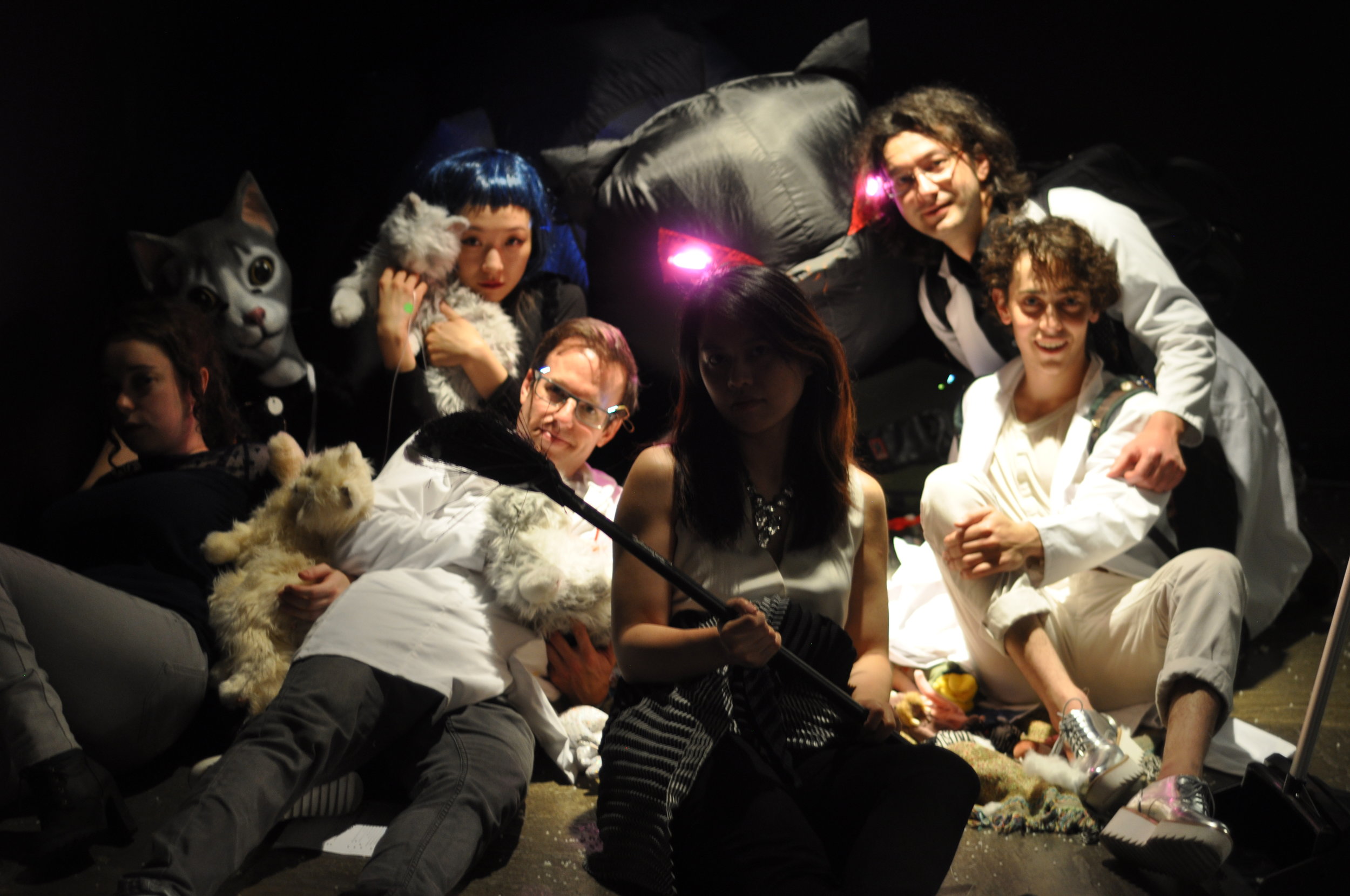
I was invited to perform @MFA for Murakami's exhibition opening. The Hotmilks came together to build Internet Incarnate. As per Murakami's model, we surveilled millennial trends and optimized artwork accordingly: Give them what they want. A breathing 7ft cat, 2 robocats, beanie baby sacrifice, chimera construction, 2 cat goddesses and a soundtrack of Bernie Sanders populist meowing. Multiple questions of "is this the art?" spurred us onwards throughout the night. Rébecca, Akito, Sands, Xin, Gershon and Pip all came together to make it (un)real.
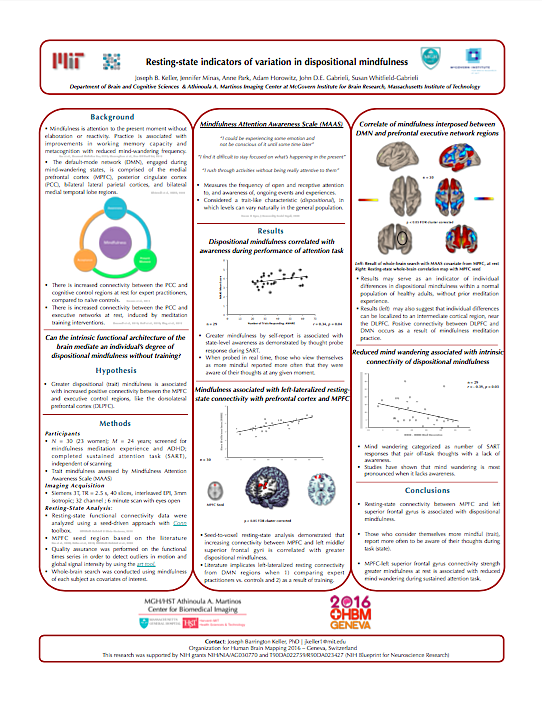
I'm part of an ongoing project at MIT's Gabrieli Lab studying the brain mechanisms of mindfulness, meditation and mind-wandering. I run functional connectivity data acquisition and behavioral data analytics. Super cool because there are immediate, broad implications for education and wellness. Meditation is cheap, effective, easy to distribute, proven...and poorly understood.
The Gab Lab is already exploring meditation-based interventions in a collaboration with Harvard's GSE and Boston-area charter schools
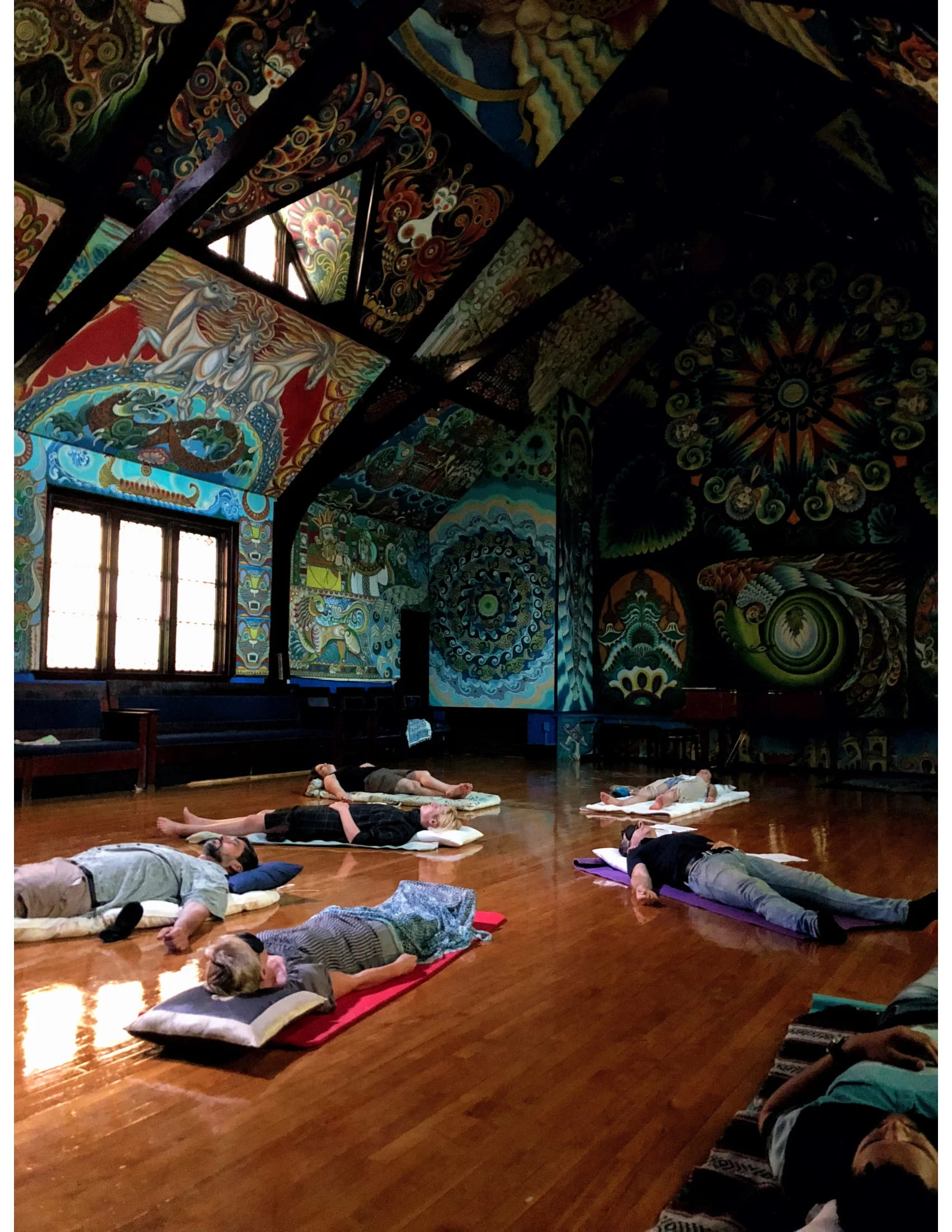
Experience creation can function as experience investigation. I partnered with artists Nicholas Shaplyko and Ekaterina Sorokina at the Museum of Modern Renaissance, two painters who work with dream visuals, to translate my lab work on dreams into an immersive art context for specifically inducing and producing sights in sleep.
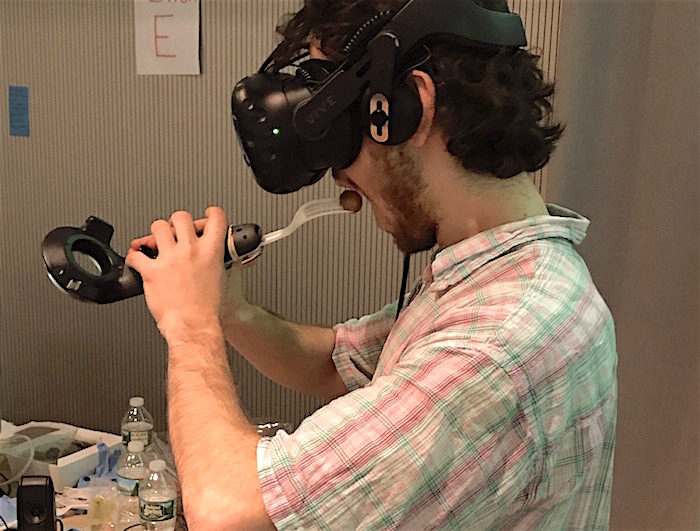
Caroline Hermans, Hisham Bedri, Gabe Fields and Wiley Corning built my favorite project from this year's MIT Hacking Arts. It's at once absurd and probing. VR prioritizes vision, and so does our body--to the point where proprioception is hackable, and you can make people hit their faces with grapes. Read more here. I have too much fun as the Creative Lead of Hacking Arts. This year we asked 'Why Human?', and it's really worth reading through projects here.

Giving presence to artificial intelligence. Lucky to have been involved in bringing this ambitious project to life and to be working now on new projects with this lovely team. Boo Aguilar and Adam Roth led dev for a Cognitive Computing VR experience for Hacking Arts 2016. Check out the video here!
This experience was picked 2nd for the Vision Summit Technical Achievement Award, as a runner up to Ghostbuster's The Void.

I had the honor of helping structure the 1st Harvard Food Law Student Leadership Summit, "among the Summit's chief architects and advocates since its earliest days, bringing it from idea to reality" (Professor Broad-Lieb). This one Summit had 50-law schools, opening Harvard Law wide and bringing new young voices into the national conversation on food justice. I managed design for the summit--graphic, content, environmental--including this logo done in tandem with the wonderful Meaghan Lueck. Design has much to contribute to movement-making.

I'm lucky to organize the Consciousness Hacking community here in Cambridge. We gather together as a community of makers building and exploring new science/tech in service of human flourishing. Our latest event, at Harvard Divinity School, brought together brain scientists with religious thinkers from around Boston to discuss meditation. Crimson article here and HDS article here, little tv segment here.
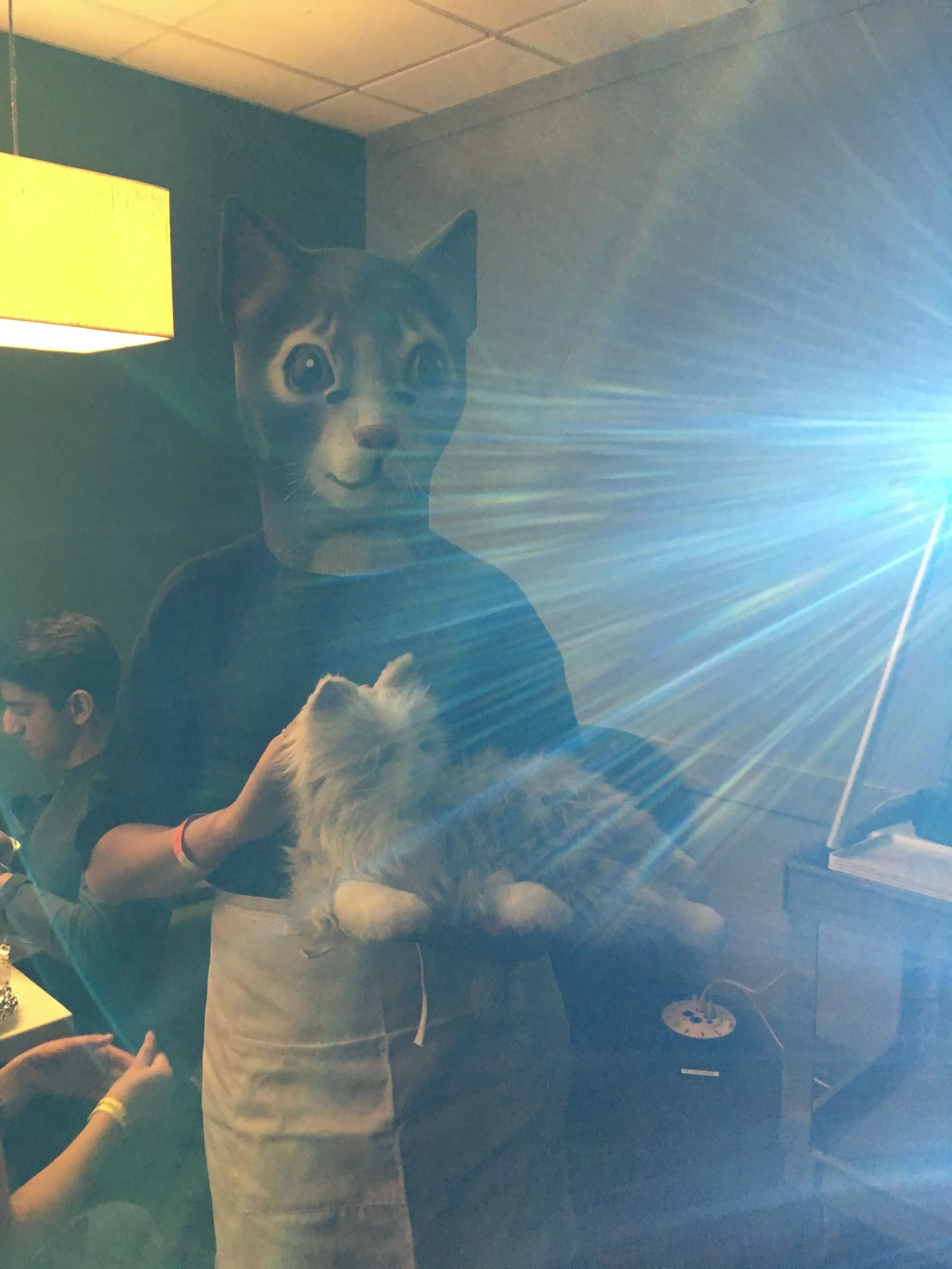
An exhibit for the Boston Museum of Fine Arts, an exploration of the uncanny. A cat café populated by robotic cats and waitresses from the future. A menu full of options like switches, pacer motors and programmable voice boxes. Make your own monster. See here.
Attendees made their own futures in the form new animatronic or immobile toys, rewriting old toys' histories together. Done with Ani Liu, Pip Mothersill, Nicole L'Huillier, and Thomas Sanchez.
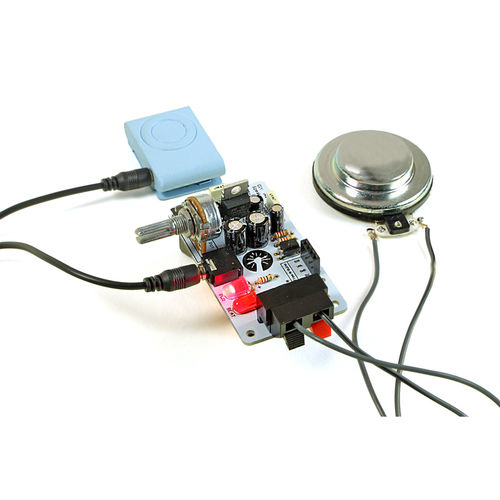
A splitter plays braille alphabet simultaneously via in-ear-audio and vibration attached to the stomach. Passive haptic learning and multimodal input. What can we teach our body? What are the memory and chunking limits of passive learning experiences? Tools for cognitive exploration, and experimental learning paradigms.
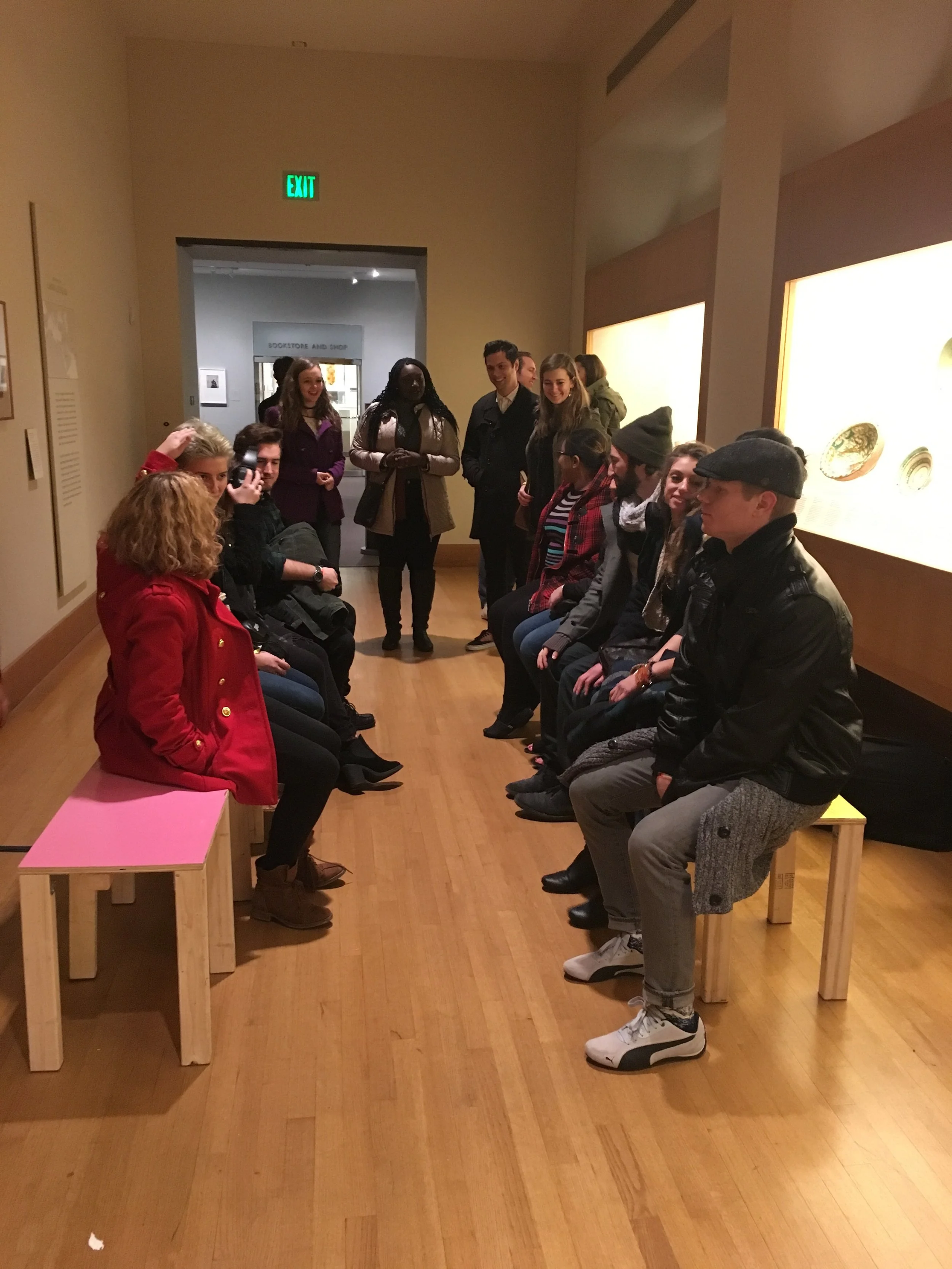
How does bodily communication connect us when words cannot? Gershon Dublon and I built two benches that translate audible frequencies into inaudible ones, delivered through powerful pistons along bench braces. Nicole L'Huillier, Rebecca Kleinberger, Ani Liu, Xin Liu and Juan Necochea all helped! At the Boston MFA, we took over Gallery 175 for 6 hours of vibration compositions--infrasound crying, telling inaudible secrets, connected heartbeats and more, for an entirely embodied experience. Why? Read more here.



















































The Dormio device enables incubation of specific, chosen dreams. It was co-developed by a team of neuroscientists, engineers and designers at MIT. Read more here at MIT News.
This is my PhD thesis. We focus on new tools to move dream research forward (off the couch) and 4 experiments showing that changing dreams can change waking thought. This work seeks to reorient science and everyday health practices toward a renewed respect for the contributions of the dreaming mind to overall wellbeing and cognition. Please take a look :)
A wonderful writer, Michael Clune, asked to borrow a Dormio device for 1 week and experiment with dream incubation. He wrote this article in Harper’s Magazine, and it captures the experience beautifully.
As part of my work with the Center for Law, Brain and Behavior I was invited to contribute to and review this White Paper, which aims to help legal actors understand brain development in adolescents. Thus far, it is being used or will be used in trial/appellate cases or legislative reform initiatives in 11 states. Recently, it was used to help extend diversionary programs to age 25 in Suffolk County. Read here.
I am working with MIT Visiting Artist Carsten Höller to build a Dream Hotel for the museum setting, where each room contains a specific dream incubation experiment. We’ve got a great team, including Alejandro Medina, Wendi Yan and Yechen Zhu. You can hear me talk through it here at LUMA Arles. Ream more from PINUP Mag. Or from MIT: Learn more here.
An article in Aeon about the risks related to Targeted Dream Incubation being used for commercial advertising. Co-authored with Prof Robert Stickgold (Harvard Medical) and Prof Tony Zadra (UMontreal).
A recent article in Science (AAAS) covers our collective efforts as a community of scientists responding to the use of Targeted Dream Incubation in advertising.
I was honored to write an amicus brief for the U.S. First Circuit Court with Judge Nancy Gertner, Professor Judy Edersheim and Elyssa Spitzer, J.D. This amicus brief centers on a case of extended solitary confinement, and makes the case that mental suffering such as PTSD or extended sleep deprivation endemic to solitary can likely cause physical brain damage. The human nervous system is fundamentally plastic. This malleability makes us deeply vulnerable to harmful environments. Legal policies which suggest mental injury is somehow not physical are subscribing to outdated scientific doctrine, especially with respect to solitary confinement. Learn more here.
One of the best ways to build an interdisciplinary research community is to teach a multifaceted class. I had the chance to create a new MIT class with an amazing team—Dr. Pattie Maes, Dr. Robert Stickgold, Dr. Michelle Carr, Abhinandan Jain and Eyal Perry—for a collection of graduate and undergraduate students with backgrounds in neuroscience, computer science, device design, architecture, art, fashion and beyond. We focused on sleep and dreams. All our lectures are recorded and free, linked here. Image from Aria Xiying Bao and Marc Apicella, from one of the class final projects.
DayDreamNight was a gathering we organized for the MIT community to explore projects produced in collaboration between CAST Visiting Artist Carsten Höller and MIT’s Fluid Interfaces group. Dream altering toothpaste, inflatable pajamas, a live sleeper and more. These all open up avenues for understanding and shifting our sleep, dreams, and daydreams. See a video of our exhibition here. See the exhibition catalogue here.
At Fluid Interfaces, we are building many new, cheaper, more flexible, open source sleep technologies. Our aim is to build technology that interfaces across the many levels of consciousness. Please see a collection of this work here.
This project is a portal which collects dreams from large groups and reflects them back in ways meant to reconnect us with past dreams and dreams from other minds. Created in collaboration with artist Agnieszka Kurant and a team from MIT: Titus Ebbecke, Pat Pataranutaporn, Eyal Perry, Ishaan Grover and Aby Jain. Shown at the V&A Museum's Alice: Curiouser and Curiouser exhibition and the MIAAU exhibition of the Bienal de Artes Mediales (BAM) Santiago, Chile. Read more here and in Flash Art Mag here.
A documentary short made by a friend, Wendi Yan, focused on dream science. The words are my own, while the piece is directed, filmed, animated, and edited by Wendi. More here.
This booklet is a growing collection of the many definitions of what ‘a dream’ is, from sleep scientists and artists and anthropologists and technologists. See it here. This is a draft, not set for publication, but if you are inspired to submit your thoughts on what ‘a dream’ is, reach out.
I was Lead Curator for the launch of the Algorithmic Justice League at the Boston Museum of Fine Arts, fabricating hardware, writing and editing, designing signage and exhibition layout. This ‘Coded Gaze Exhibition’ was a small step in the beginning of Joy Buolamwini's amazing movement for diverse and inclusive technology coming from MIT’s Center for Civic Media. How does pattern recognition create bias, in humans and machines? How can we fight it? Joy brought these questions to the US Congress. Read more here
These drawings explore connections between visual art, vision neuroscience and computational methods of representing and understanding human vision. Sol LeWitt meets David Marr. I got to work on them as a part of a team led by Seth Riskin at the MIT Museum Studio, and they’re now in the collection of the Museum. Read more here. See them at the MIT Museum here. And more here on how art and science can meet in the eye.
A system built with Aby Jain to cause frisson, or aesthetic chills, using a wearable device. An experiment with Dr. Félix Schoeller suggests we can induce synthetic chills, intensify organic ones, and recreate downstream cognitive effects of chills including empathy and pleasure. Research presented at IEEE EMBC, and see a paper here and here. Just got another accepted in Nature Sci Rep, and a $180k grant from Joy Ventures for future work. Félix is now using the device to aid shifts in depression symptoms.
We’ve been hosting weekly seminars for the Dream Engineering community. This includes everyone from scholars of religion, neurologists, AI specialists, to public health professors. It means topics from nightmares to the ethics of dream advertising. The amazing presentations and discussions amongst leaders of the field are all here, free.
image by Bruno Olmeda
The cover story on the American Psychological Association’s latest issue opens with Professor Paul Seli at Duke University using our Dormio device to access creative ideas found in sleep. The article then goes on to discuss where creativity might come from, its relationship to conscious control of thought, and whether we are able to really study it in controlled laboratory conditions. Read more here.
Masca is a flexible sleep mask for REM sleep detection using conformable piezoresistive fabrics, enabling cheap and comfortable eyelid motion detection. Based off of Robert Stickgold’s Nightcap design, enabling science! We use it to do electrical muscle stimulation (EMS) driving dream content for Prof Hugh Herr’s Human 2.0—making people dream of running by delivering EMS on-leg in REM. Made with Oscar, Tomás, Ethan and Irmandy from MIT.
A vision of a sci-fi future where dreams are controllable via human machine symbiosis. Not as far off as we might suppose. Created with the wonderfully talented Judith Amores and Oscar Rosello. Shown at Beijing Arts Biennale, MIT Museum Compton Gallery and Ars Electronica.
My lab organized the Dream x Engineering Symposium at MIT 1.28.19-1.29.19. We brought together 30 scientists and 30 engineers from around the world to spark the next generation of dream interfaces. See the workshop link at https://engineeringdreams.net/workshop for more info!
I’m honored to be on the board of the CLBB at Harvard/MGH. Neuroscience can transform the legal system, illuminating implicit bias and new strategies for rehabilitation. Where evidence is lacking, we advance the field with discoveries that can be applied directly to the courtroom. I help write amicus briefs, create legal/lab collabs, and spread the word. Please get in touch with suggestions around fairer juvenile justice, eyewitness testimony, mental illness in prisons and more.
A CHI 2021 Workshop on experiential factors in Human-Computer Integration design and evaluation, called “Do Cyborgs Dream of Electric Limbs?” — info site here, paper linked here.
Hi hi hi. If you want to get a copy of my book of Sleep Hacking techniques, or be an experiment participant sign up here.
Thanks! If you want to email with me, use the Contact form instead :)
Toys and stories. We hacked a series of electronic animal toys, made them bluetooth controllable, and connected them to a Hypnodyne EEG with automatic REM detection. These animals only wake up when you begin dreaming. Your flight is their flight.
For MIT Hacking Arts 2018 I got to assemble a dream team of friends from MIT to execute the artistic vision of Agnieszka Kurant overnight. See it all here! Read more about the team and work here! We built a series of robotic animals controlled by the internet. Shown at Nicolas Bourriad's La Panacée, SFMOMA's online collection, and at Harvard metaLAB's AI + Art Group. Living on in the ether evermore.
A set of games for everyone who wants to understand why their dreams are so weird in Quarantine—or wants to make them weirder. There are no walls in the ether of sleep. See more here
Invited as part of the Generist Project (thanks Sarah!) to be part of a small residency at Arthur Ganson and Chehalis Hegner’s Halo Hill Farm. We made kinetic art, drawing machines, big fires, loud sounds, and left utterly inspired. Now I’m making more things move.
For Berlin's Transmediale Festivale, Oscar Rosello and I created this projection piece on vision neuroscience's Ganzfeld effect, known popularly through James Turrell. A darkness darker than dark. An emptiness filled by the brain. Individual light history, neutralized.
Invited by Harvard metaLAB. Shown at ACUD and Rainbow Unicorn Gallery. See show here. Many thanks to Sarah Newman and co for the opportunity.
I put a lot of myself into this little document. I hope you read it, and whoever you are, I hope it’s meaningful to you. I really hope you reach out to tell me what stuck with you. Dream on. This is a link to my thesis.
This is a passion project. A book of activities (think Yoko Ono Grapefruit, or 101 Experiments in the Philosophy of Everyday Life) which lets you experience brain science in action. Little tricks to try on yourself at home to change how you build up the ingredients of your self, your body, your “i”, your “eye”…all in the noble tradition of self-experimentation. I started this at the Steeprock artist residency space in Colorado. It’s going to be a book full of watercolors and experience recipes.
This is a hackathon project beginning a digital space to hold the songs and screams of grief and protest echoing right now. Input a sound and it forms a flower, which forms a field of sound. If you’d like to help, reach out. Collab with Guadalupe Babio and Ben Cullen Williams, with support from Google Arts and Culture. Read more here.
Breath counting is the first behavioral measure of mindfulness, and unsurprisingly has roots in breath counting practice found as far back as 430 A.D. (Levinson et al. 2014). We took this as inspiration for translational neuroscience of mindfulness! We built Respite, a mobile app which integrates the elements of the Davidson paper into an iOS app, including 1) breath tracking 2) breath training 3) mindfulness trait assessment MAAS 4) habit forming assessment SRHI 5) integrated scientific explanations. We hope this tool can help people have a clearer picture of their practice and how it changes with time. Colab with Tomás Vega, the GOAT. More here.
I didn’t make that lungs image I found it on the interwebs but it’s pretty sweet
For everyone who is interested in dream incubation but doesn’t have a Dormio wearable, we’ve made this website (colab with Christina Chen!). It does dream incubation purely based on timing, not biosignals. Here is a little explainer. This is an experiment, and works best if you try it a few times over a few days, during your naps, to get used to it. PLEASE let us know how it works for you. Website link here.
I feel hugely lucky to have Prof. John Gabrieli as a mentor here at MIT. Gab Lab tackles questions at once large and small, probing experience and mechanism concurrently at Marr's many levels of analysis. This means we can ask questions about the slippery stuff. I'm part of an ongoing fMRI project with Dr. Clemens Bauer and Dr. Maiya Geddes on the science of self-awareness and it's ties to attention and apathy.
An AI listening with pure benevolent intent. A wearable benediction, a computed absolution. Make sure your sneeze never goes unblessed. Instead, #StayBlessed. Built with Ishaan Grover for Harvard metaLAB openLAB. Image from Tang et al 2013. Daily we hand over human connection to technical mediation. We hope it hears our pleas, we hope it blesses our sneeze.
Working with the awesome Eyal Perry and Matthew Ha to make an automated Dormio app for hypnagogic dream induction with a smartphone, complete with dream report audio recording, speech detection, movement sensing, sleep staging and a data analysis pipeline. Find the code here! Find a flow chart for how it all works here.
A performance piece in which neuroscience and art converge to transform the art experience. We skip the unpredictability of the aesthetics and instead induce the art experience directly with emotional induction techniques from brain science. We are, after all, quantified selves, measured and measuring. Affect and aura are not immune to mechanical reproduction.
Piece commissioned by the Boston MFA. Friends made it with me: Nicole, Ani, Xin, Gershon, Rebecca, Akito, Sands, and Rainar, from across myriad MIT laboratories.
I'm the Creative Lead for MIT Hacking Arts, a collective of engineers , entrepreneurs and techies who create projects and spaces for tech and art to intersect. What happens when a VR engineer and an architect get to create with a ballerina and light artist for 24 hours?
Proud to have built a hackathon, museum installations and partnerships alongside Georgiana Vancea with Autodesk, Adobe, Unity, the MFA, Formlabs, Boston Cyberarts, RISD, Le Lab and many more. Written up in TechCrunch and The Atlantic
I was invited to perform @MFA for Murakami's exhibition opening. The Hotmilks came together to build Internet Incarnate. As per Murakami's model, we surveilled millennial trends and optimized artwork accordingly: Give them what they want. A breathing 7ft cat, 2 robocats, beanie baby sacrifice, chimera construction, 2 cat goddesses and a soundtrack of Bernie Sanders populist meowing. Multiple questions of "is this the art?" spurred us onwards throughout the night. Rébecca, Akito, Sands, Xin, Gershon and Pip all came together to make it (un)real.
I'm part of an ongoing project at MIT's Gabrieli Lab studying the brain mechanisms of mindfulness, meditation and mind-wandering. I run functional connectivity data acquisition and behavioral data analytics. Super cool because there are immediate, broad implications for education and wellness. Meditation is cheap, effective, easy to distribute, proven...and poorly understood.
The Gab Lab is already exploring meditation-based interventions in a collaboration with Harvard's GSE and Boston-area charter schools
Experience creation can function as experience investigation. I partnered with artists Nicholas Shaplyko and Ekaterina Sorokina at the Museum of Modern Renaissance, two painters who work with dream visuals, to translate my lab work on dreams into an immersive art context for specifically inducing and producing sights in sleep.
Caroline Hermans, Hisham Bedri, Gabe Fields and Wiley Corning built my favorite project from this year's MIT Hacking Arts. It's at once absurd and probing. VR prioritizes vision, and so does our body--to the point where proprioception is hackable, and you can make people hit their faces with grapes. Read more here. I have too much fun as the Creative Lead of Hacking Arts. This year we asked 'Why Human?', and it's really worth reading through projects here.
Giving presence to artificial intelligence. Lucky to have been involved in bringing this ambitious project to life and to be working now on new projects with this lovely team. Boo Aguilar and Adam Roth led dev for a Cognitive Computing VR experience for Hacking Arts 2016. Check out the video here!
This experience was picked 2nd for the Vision Summit Technical Achievement Award, as a runner up to Ghostbuster's The Void.
I had the honor of helping structure the 1st Harvard Food Law Student Leadership Summit, "among the Summit's chief architects and advocates since its earliest days, bringing it from idea to reality" (Professor Broad-Lieb). This one Summit had 50-law schools, opening Harvard Law wide and bringing new young voices into the national conversation on food justice. I managed design for the summit--graphic, content, environmental--including this logo done in tandem with the wonderful Meaghan Lueck. Design has much to contribute to movement-making.
I'm lucky to organize the Consciousness Hacking community here in Cambridge. We gather together as a community of makers building and exploring new science/tech in service of human flourishing. Our latest event, at Harvard Divinity School, brought together brain scientists with religious thinkers from around Boston to discuss meditation. Crimson article here and HDS article here, little tv segment here.
An exhibit for the Boston Museum of Fine Arts, an exploration of the uncanny. A cat café populated by robotic cats and waitresses from the future. A menu full of options like switches, pacer motors and programmable voice boxes. Make your own monster. See here.
Attendees made their own futures in the form new animatronic or immobile toys, rewriting old toys' histories together. Done with Ani Liu, Pip Mothersill, Nicole L'Huillier, and Thomas Sanchez.
A splitter plays braille alphabet simultaneously via in-ear-audio and vibration attached to the stomach. Passive haptic learning and multimodal input. What can we teach our body? What are the memory and chunking limits of passive learning experiences? Tools for cognitive exploration, and experimental learning paradigms.
How does bodily communication connect us when words cannot? Gershon Dublon and I built two benches that translate audible frequencies into inaudible ones, delivered through powerful pistons along bench braces. Nicole L'Huillier, Rebecca Kleinberger, Ani Liu, Xin Liu and Juan Necochea all helped! At the Boston MFA, we took over Gallery 175 for 6 hours of vibration compositions--infrasound crying, telling inaudible secrets, connected heartbeats and more, for an entirely embodied experience. Why? Read more here.